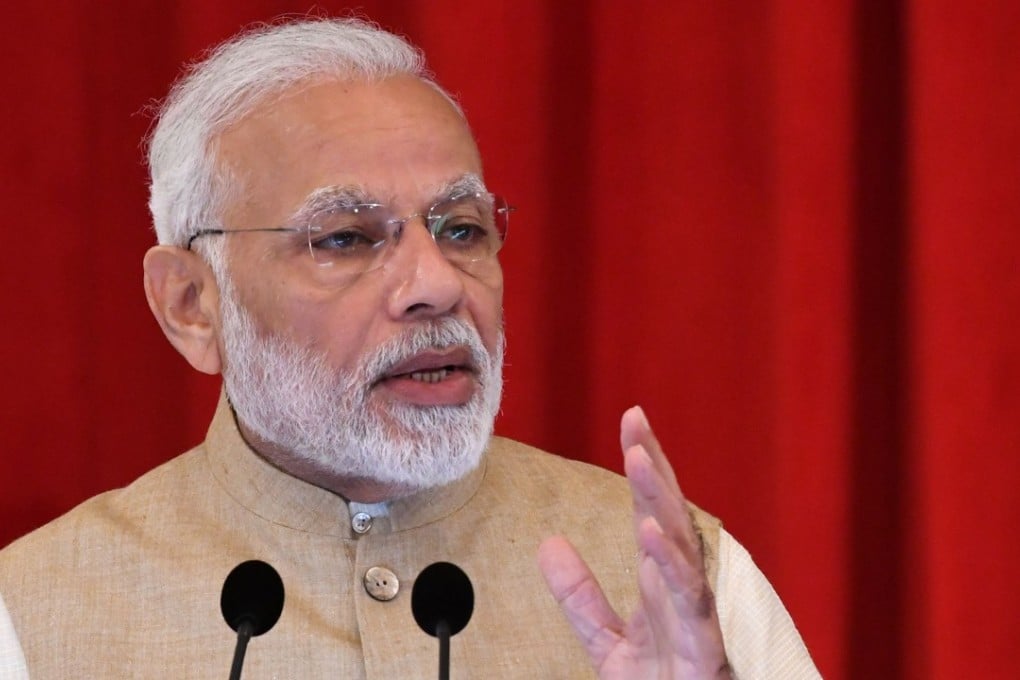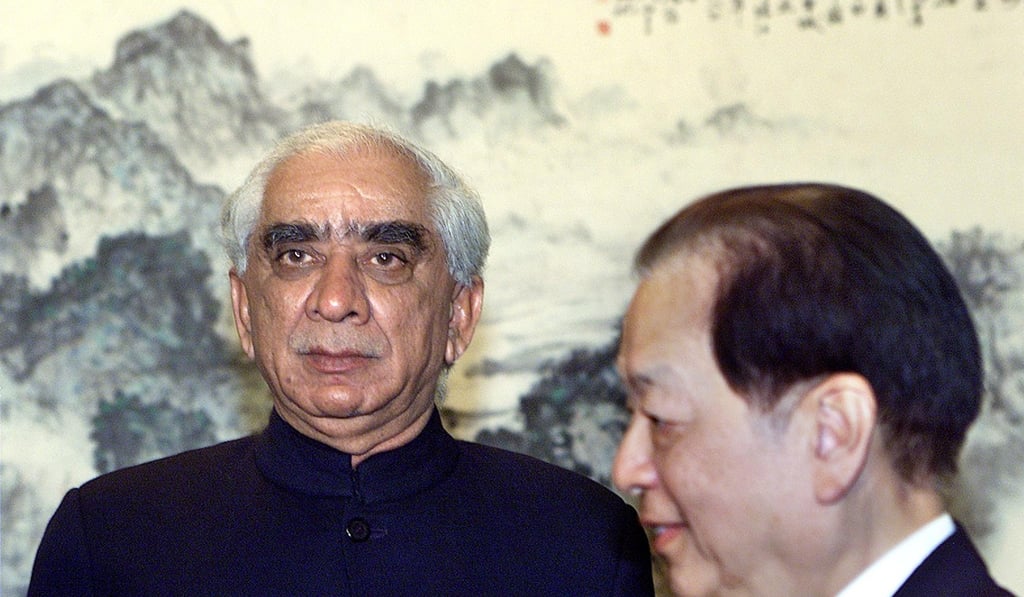Asian Angle | India’s actions in South China Sea will speak louder than its words
Speaking at the Shangri-La Dialogue, Prime Minister Narendra Modi articulates a vision of his country’s role as a stabilising force in an Indo-Pacific regional order currently in flux

Prime Minister Narendra Modi has become the first Indian leader to deliver the prestigious keynote address at the Shangri-La Dialogue, a conference which annually brings together defence ministers, military chiefs and strategists from across the Indo-Pacific region in Singapore.
Modi was previously invited in 2015. But after the denunciations of China’s role in the South China Sea by Vietnam’s Nguyen Tan Dung and Japan’s Shinzo Abe in their 2013 and 2014 keynote addresses, respectively, Modi demurred. Now, with relations in the South China Sea on a more even keel and with an important corner turned in China-India relations recently, Modi was more forthcoming.
In his address, Modi articulated a vision of India’s role as a stabilising force in an Indo-Pacific regional order currently in flux. Neither New Delhi’s vision nor its role and its underlying “Act East” policy is particularly novel. On the contrary, they are of a piece with India’s outreach to its east since the end of the cold war.
Exactly 20 years earlier – and barely four months removed from India’s May 1998 nuclear tests – then-foreign minister, Jaswant Singh, observed in a Foreign Affairs article that India, in testing its nuclear devices, had “acted in a timely fashion to correct an imbalance and fill a potentially dangerous vacuum” in the emerging Asian balance of power. Long before the concept of the Indo-Pacific was a twinkle in the eyes of strategists, he projected India’s emerging role in the Indian Ocean region and in Asia more broadly.

A decade-and-a-half later, India’s then-national security adviser, Shiv Shankar Menon, outlined New Delhi’s enduring principles of order in Indo-Pacific geopolitics. Such an order, he noted, ought to be inclusive, comprising all powers – regional and extra-regional – relevant to the practice of Asia’s security. Its geographic scope ought to be extensive, extending from Suez to the Pacific and seamlessly enfolding the maritime periphery with the rising continental core.

